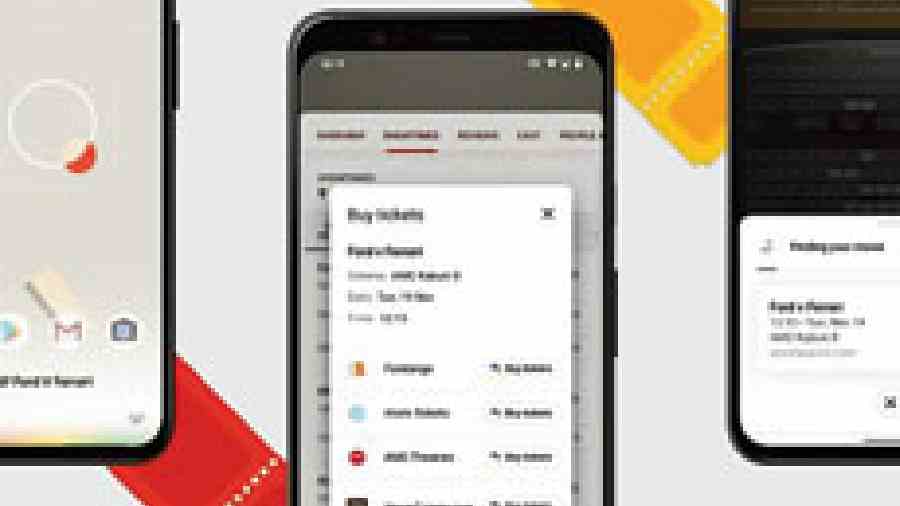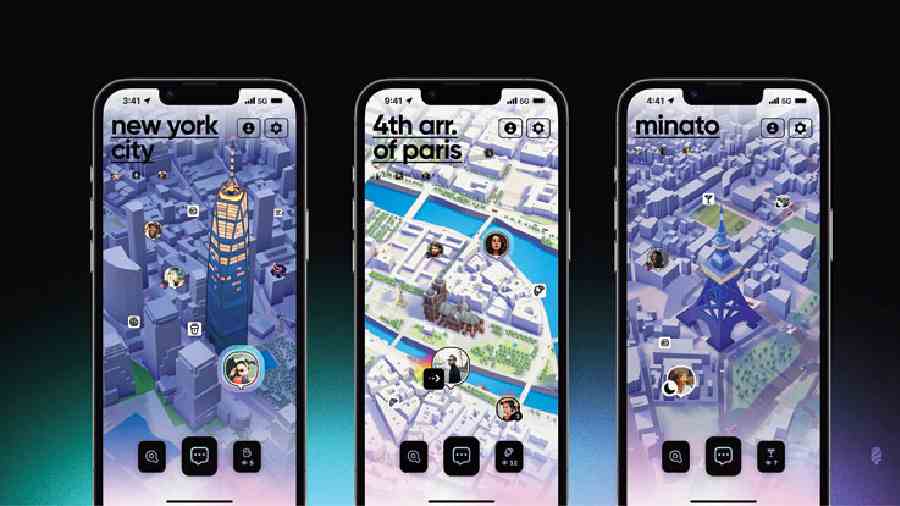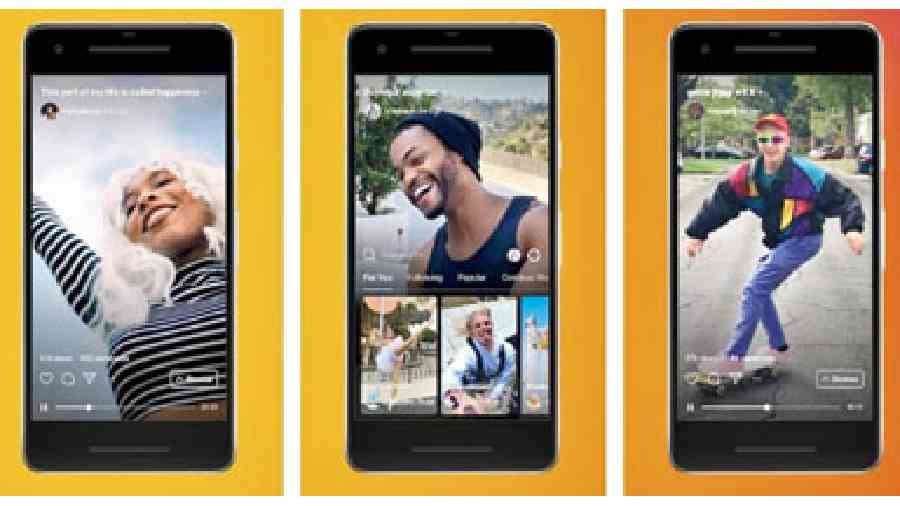Stadia

Google announced the closing down of Stadia, its cloud gaming service. Launched in 2019, it was meant to give Cloud gaming its big push and it even had some solid games in the library but there has been tremendous competition. Strangely, as Stadia winded up Netflix took a deeper dive into Cloud gaming. Meanwhile, Stadia is up and running till January 18.
Duplex

Google is shutting down Duplex on the Web, the AI-powered set of services that simplified the process of ordering food, purchasing movie tickets and more. The company introduced Duplex on the Web during its 2019 Google I/O developer conference. “By the end of this year, we’ll turn down Duplex on the Web and fully focus on making AI advancements to the Duplex voice technology that helps people most every day,” Google has said.
Zenly

Snap, the parent company of Snapchat, acquired Zenly, a social mapping app, for over $200 million in 2017. The year hasn’t been kind to Snap (and other tech companies) as a substantial amount of its employee base had to be cut. The app was cofounded by Alexis Bonillo and Antoine Martin in 2011 and following the acquisition, it continued to operate as a standalone team.
Meta Tuned
Meta’s social app for couples will probably not be missed. After a little over two years of service, Meta announced: “Now it’s time to take the digital lessons we’ve learned and continue them IRL in our own ways.” Tuned allowed users to exchange notes, photos and videos, challenges, voice messages, notes and lists, and music via a Spotify integration.
Facebook Gaming app
The app was launched in April 2020 to allow users to watch their favourite streamers, play instant games and take part in gaming groups. It was even viewed as a potential threat to Twitch but Meta has somehow not been successful to gain a foothold in the live game streaming market.
Street View
Many have spent hours using the app to get a 360-degree look at almost any street on the planet. The app is going away and support will end on March 21. A reminder: Street View will continue to be a key Google Maps feature
Internet Explorer
The writing was on the wall and ultimately Microsoft Edge replaced the Internet Explorer, which was launched in 1995 and was one of the most popular ways for computer users to access the world wide web. Edge slowly began replacing IE in 2016.
Dark Sky for iOS
One of the finest weather apps was acquired by Apple in March 2020; it will ride into the sunset on January 1 as its forecasting technology has now been integrated with Apple’s own Weather application. According to data from mobile intelligence firm Sensor Tower, the iOS app has seen nearly two million downloads to date.
YouTube Go
The lightweight Android app was launched in 2016 from India and features offline viewing. But data speeds have improved and so has the main YouTube app, so it was time to put this app down.
Google Talk and Google Hangouts
One more for the Google graveyard, Talk, the company’s instant-messaging service, migrated users over to Google Hangouts in 2017. Google Talk emerged in 2005 as a way for users to send instant messages directly through Gmail. Now, the plug has also been pulled on Google Hangouts with the search giant encouraging users to migrate over to Chat, which has stronger phishing protections by detecting malicious links using real-time data.
Boomerang and Hyperlapse

Instagram’s two popular tools to make videos look cool have disappeared. The launches of Hyperlapse in 2014 and Boomerang in 2015 offered timelapse and looping videos but these are features that one can achieve on almost any phone.
IGTV
Instagram’s big push into video was in the form of IGTV but as the platform included more tools to make videos at the heart of its experience, IGTV became redundant.
